|
|
|
|
Kenya has started the first phase of its vaccination strategy, made possible by the delivery of just over one million AstraZeneca vaccines. However, one month into the exercise, just over 280,000 people had been vaccinated out of an initial target of 1.25 million by June. Some things have gone well but, explains Catherine Kyobutungi, there have been some big teething problems and there’s a lot of catching up to do. Kenya grapples with
two major challenges: access to sufficient doses and vaccine hesitancy.
Academics from Victoria University unpack the rare blood condition linked to the AstraZeneca vaccine, while Anthony Cox looks at the uncertainty means for the UK and Europe.
|
Moina Spooner
Commissioning Editor: East and Francophone Africa
|

|
|
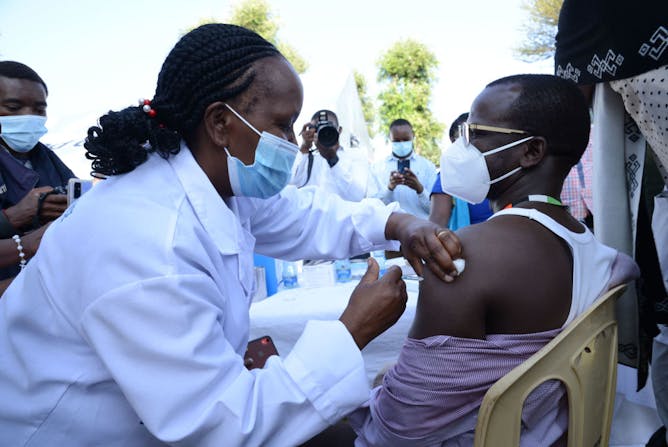
A healthcare worker administers an Oxford/AstraZeneca COVID-19 vaccine to her colleague at Mutuini Hospital in Nairobi. Kenya on March 3, 2021.
Photo by Dennis Sigwe/SOPA Images/LightRocket via Getty Images
Catherine Kyobutungi, African Population and Health Research Center
Kenya grapples with two major challenges in the vaccination rollout: access to sufficient doses in light of the global shortage; and vaccine hesitancy.
|
|
|

Anthony Zulli, Victoria University; Maja Husaric, Victoria University; Maximilian de Courten, Victoria University; Vasso Apostolopoulos, Victoria University
Scientists have called it "vaccine-induced prothrombotic immune thrombocytopenia", or VIPIT. The condition is characterised by a shortage of platelets in the blood.
| |
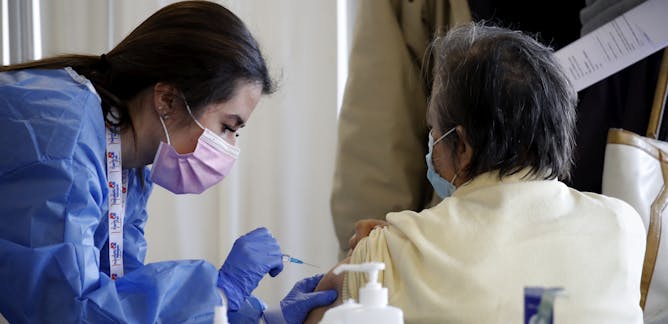
Anthony R Cox, University of Birmingham
The UK's proposal to give under-30s other vaccines shouldn't be too disruptive, but in Europe, greater restrictions look likely.
|
|
|
Politics + Society
|
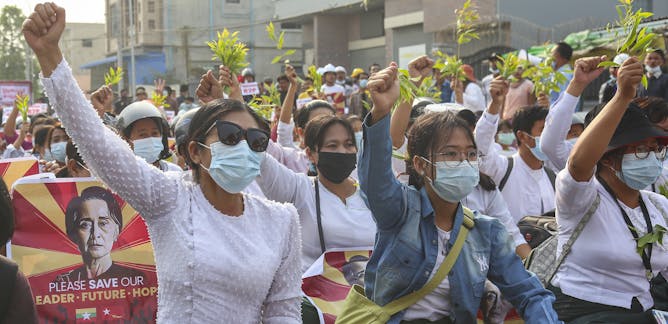
Rachel M Gisselquist, United Nations University; Miguel Niño-Zarazúa, United Nations University
How can democratic nations help fledgling democracies and others struggling against the tide of autocrats?
| |
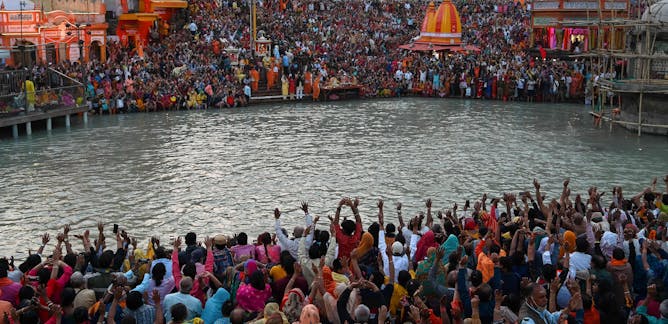
Tulasi Srinivas, Emerson College
Kumbh Mela, a Hindu pilgrimage that started earlier this month in India, has survived wars and famine since its origin. But the biggest threat has been the spread of illness – back then as now.
|
|
|
Energy + Environment
|

Phil Hosegood, University of Plymouth
Climate change is strengthening the division between the ocean surface and the abyss.
| |
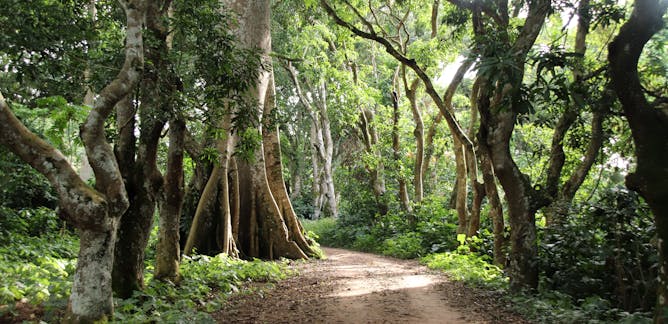
Michele Francis, Stellenbosch University
A stable ecosystem of organic matter is the key to improving agricultural yields in the surrounding farmland and fighting climate change.
|
|
|
En Français
|

Simon Chadwick, EM Lyon; Paul Widdop, Manchester Metropolitan University
Ces investisseurs sont notamment attirés par les perspectives en termes de diffusion des matchs sur les plates-formes de streaming.
| |
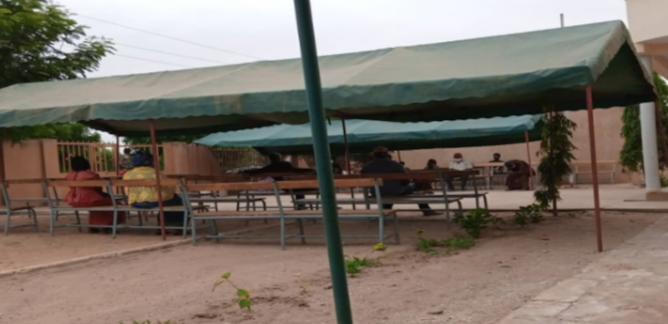
Ibra Diagne, Université Cheikh Anta Diop de Dakar; Jean Augustin Diégane Tine, Université Cheikh Anta Diop de Dakar; Véronique Petit, Institut de recherche pour le développement (IRD)
Analyse de la façon dont le Centre de santé mentale Dalal Xel (Thiès, Sénégal) fait face aux contraintes induites par la pandémie de Covid-19.
|
|
|
| |
| |
| |
| |
| |
| |
|
|
|
|
|
|
|